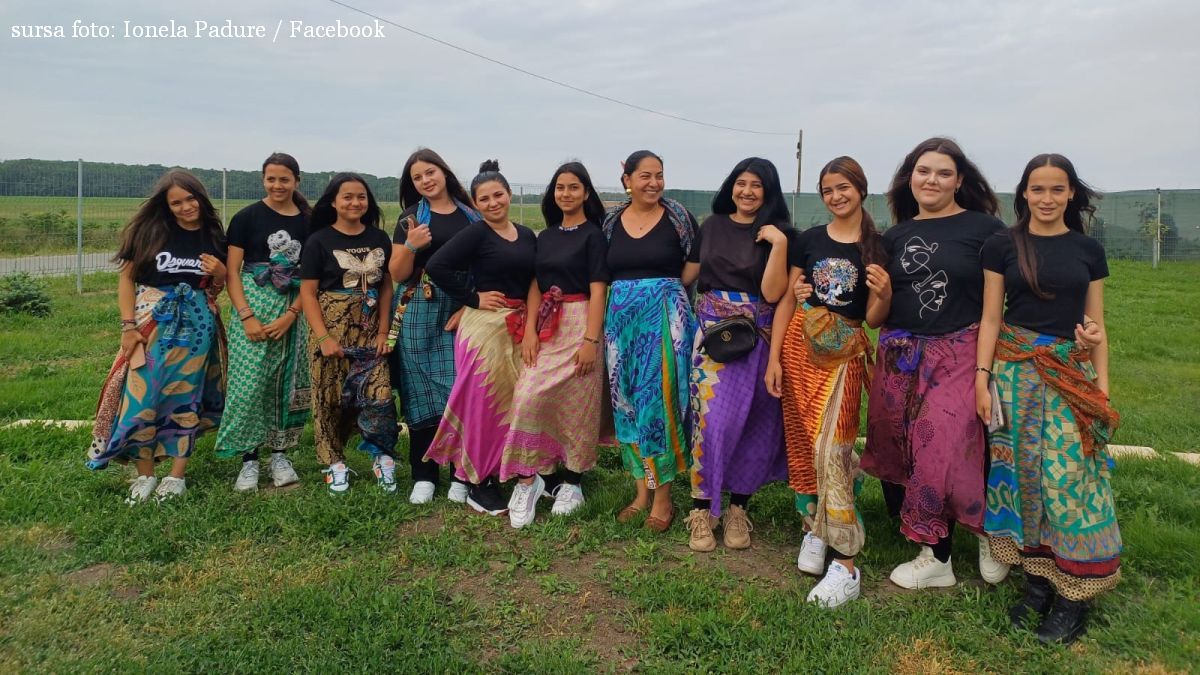Media freedom and pluralism in Romania
World Press Freedom Day on May 3 is an opportunity to assess the state of press freedom throughout the world.

Christine Leșcu, 11.05.2016, 13:59
Every
year, in early May, we celebrate World Press Freedom Day, an event that
provides an opportunity to measure to what extent journalists’ rights and
freedom of speech are observed. The Media Pluralism Monitor, developed and
funded by the European Commission and the European Parliament, is one such
measurement tool. The report looks at case studies from the 19 member countries
covered by the analysis, and is aimed at identifying potential threats to media
freedom in the European Union.
Four
big risk areas are examined: basic protection, media pluralism, political
independence and social inclusion. The indicators used to measure the threats
to basic protection are freedom of speech, the observance of the right of
access to public information, journalistic standards and independence from
national authorities. As regards political independence, the report looks at
political control over media channels and broadcasting networks and the degree
of independence in funding public media institutions.
The
general conclusion is that the only field where the risks are low is basic protection
in the media, and the risks for the other fields are average at European level.
Still, against this background, Romania is faced with an average risk in all
four main fields. Moreover, the basic protection indicators place Romania on a
unique position, as Adina Marincea, a researcher with Media Research Centre has
told us. Media Research Centre is the institution that has drawn up the country
report for Romania:
Out
of the 19 countries analysed, Romania is the only one facing an average risk when
it comes to basic protection and observing journalistic standards. Among the
most pressing issues that we have identified, and which journalists in Romania
have to deal with, especially in the printed press, is the precarious economic
situation. This translates into situations in which the payment of salaries is
delayed and unreliable, in job insecurity, salary cuts and employment contracts
for short periods of time, which ensure little social protection against
unemployment. At the same time, these contracts make it easier for employers to
sack journalists.
This precarious economic situation is sometimes
closely linked with the interests of the employer, which do not always coincide
with the standards of the profession, as journalist Petrisor Obae, the
coordinator of the paginademedia.ro website has told us:
The problems in the
Romanian media are two-fold. First of all, at a macro level, owners and
employers in the media have realised that the media can be a powerful toy that
can be used to advance their own personal interests. To this adds the economic
pressure. Secondly, at the micro level, that of journalists themselves, there
are many who simply don’t know how to write and do research and who are not
familiar with the basic rules of their profession. Social problems also play a
role and they are used by employers to their advantage. When journalists’ basic
needs are not satisfied and they have to worry about putting food on the table,
they will naturally be more likely to ignore the ethics of their profession, a
notion which is already becoming obsolete.
In fact, one of the issues identified by the report
on media pluralism in Europe concerns the observance of professional standards,
in particular by the private media, which accounts for the biggest share in the
media sector. Here is Adina Marincea again:
Journalistic standards and codes are often
non-existent, they are not observed or are drawn up by employers and managers,
not by journalists or professional associations. All these factors interfere
with the editorial content and there have been many accusations of illegal
funding of the media by various economic and political players, and even of
journalistic censorship.
Speaking about interference and censorship, we
inevitably approach another field, namely political independence. Adina
Marincea has more:
When speaking about political independence, there
are two indicators that usually draw alarm signals. Similar cases have been
reported in Slovakia, Slovenia and Lithuania.
The fact that part of the media, especially the private media, has
become excessively politicised in order to protect employers’ interests,
including their economic ones, is the conclusion of another study, the FreeEx
report, drawn up by the ActiveWatch NGO. The report presents situations in
which employers pressure journalists into not publishing certain articles that
could affect the image of some political figures or disclose their abuses.
There are cases of journalists who, because they dared publish such materials,
were ‘punished’ by having their collaboration contracts terminated. Also, there
are cases of local mayors who used the local media to blackmail their political
opponents. To Razvan Martin, political and economic dependence is also caused
by the bad financial situation that has not improved at all for some media
companies. Razvan Martin:
Being
very vulnerable from an economic point of view, some media outlets are
vulnerable to pressure from certain politicians or various financiers. However,
I’m not convinced that a better economic situation of certain media outlets or
periodicals would make them less vulnerable to certain influences. I’m afraid
that their reason of being is to play such political games and not to inform
the public or to obtain a legitimate economic profit. I’m referring to the most
visible, mainstream media outlets, the TV news channels, focusing on the public
agenda. But I don’t want to generalise because there are still very many honest
journalists and quite honourable media institutions. There are media platforms
producing quality journalism, online in particular.
Having a different economic and editorial situation,
the two public broadcasting institutions, the Romanian Television and the
Romanian Radio Broadcasting Corporation have been confronted with problems too
in the past year, according to the FreeEx Report on the Media Freedom in
Romania. Razvan Martin:
The public radio is doing OK from an economic point
of view, but there were problems there too related to a campaign against an
otherwise legitimate bill to amend the public broadcasting law. There is even a
summons by the National Audiovisual Council warning that airtime was abusively
used to attack this bill. The Romanian Television is on the verge of collapse
having accumulated huge debts and politicians do not appear interesting in
addressing the situation.
Recently, Parliament has appointed by vote a new President and Director
General at the Romanian Television.






























